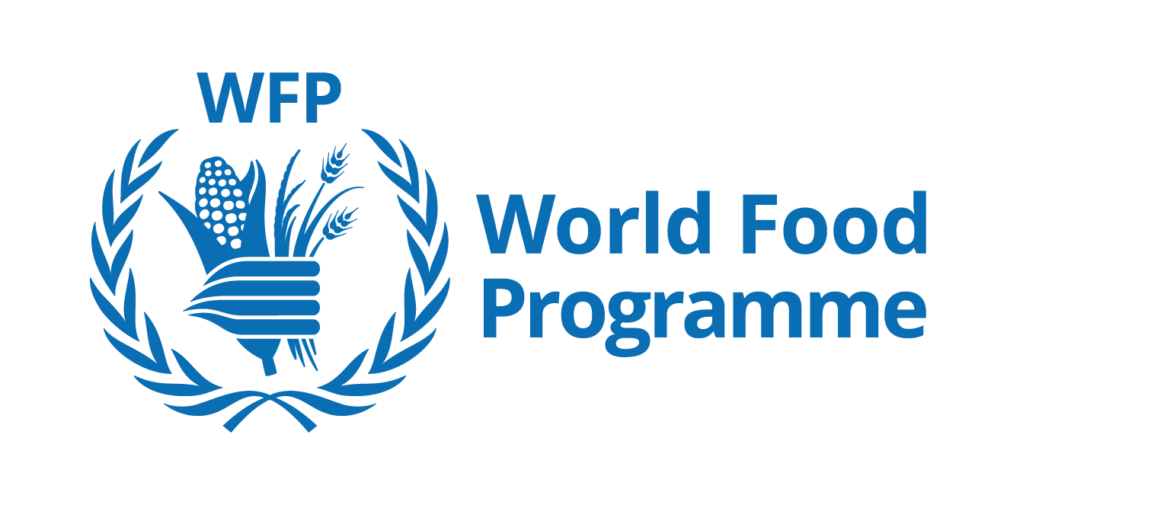By Asmau Ahmad
The United Nations World Food Programme (WFP) on Wednesday called for continued “humanitarian and resilience efforts” for Niger’s most vulnerable, in the face of the military power grab.
President Mohamed Bazoum remains in detention and the military junta that has in effect seized power said on Monday it plans to prosecute the elected leader for alleged “high treason”, according to media reports.
He was seized by members of his own guard on 26 July.
WFP’s Acting Regional Director for Western Africa, Ms Margot Van der Velden, said in a statement that “our work is vital for the most vulnerable of Niger and needs to continue.”
“Whatever the political situation, continuing our humanitarian and resilience efforts is crucial at these times of crisis,” she added.
In just the first week of August, WFP delivered lifesaving food supplies to 140,000 across the country as well as malnutrition care to 74,000 children.
Van der Velden also called on all stakeholders to “stand firm” in their pledges to support those most in need.
“In these tough times our focus remains to provide unwavering support to vulnerable communities during the ongoing lean season between harvests.”
The agency is poised to scale up its response in line with growing needs.
At least 3.3 million people are acutely food-insecure while there are 698,000 people forcibly displaced, including 358,000 internally, said WFP.
Agency staff are on the ground working with partners, and WFP expects to reach over one million people with emergency food assistance in August alone.
In addition, around 180,000 people impacted by climate shocks will also receive protective cash transfers as part of WFP’s year-round assistance.
But the agency noted that sanctions and border closures due to the political crisis were greatly affecting vital food and medical supplies into Niger, insisting that all parties allow free movement of humanitarian staff and aid.
The WFP regional director said the crunch in Niger was occurring at a time when global ration cuts due to lack of funding are “depriving millions of people we serve of assistance that not only puts food on their plates but safeguards their livelihoods.”
Around $71 million is needed to keep the support flowing through to January, with existing resources already “pushed to breaking point.”
“If we do not receive adequate funding, the consequences will be devastating and not just in Niger,” Van der Velden said. “In the Sahel, such crises do not recognise borders.”
Niger is also a critical supply chain route into neighbouring countries which are also facing an unprecedented humanitarian crisis, WFP stressed.




